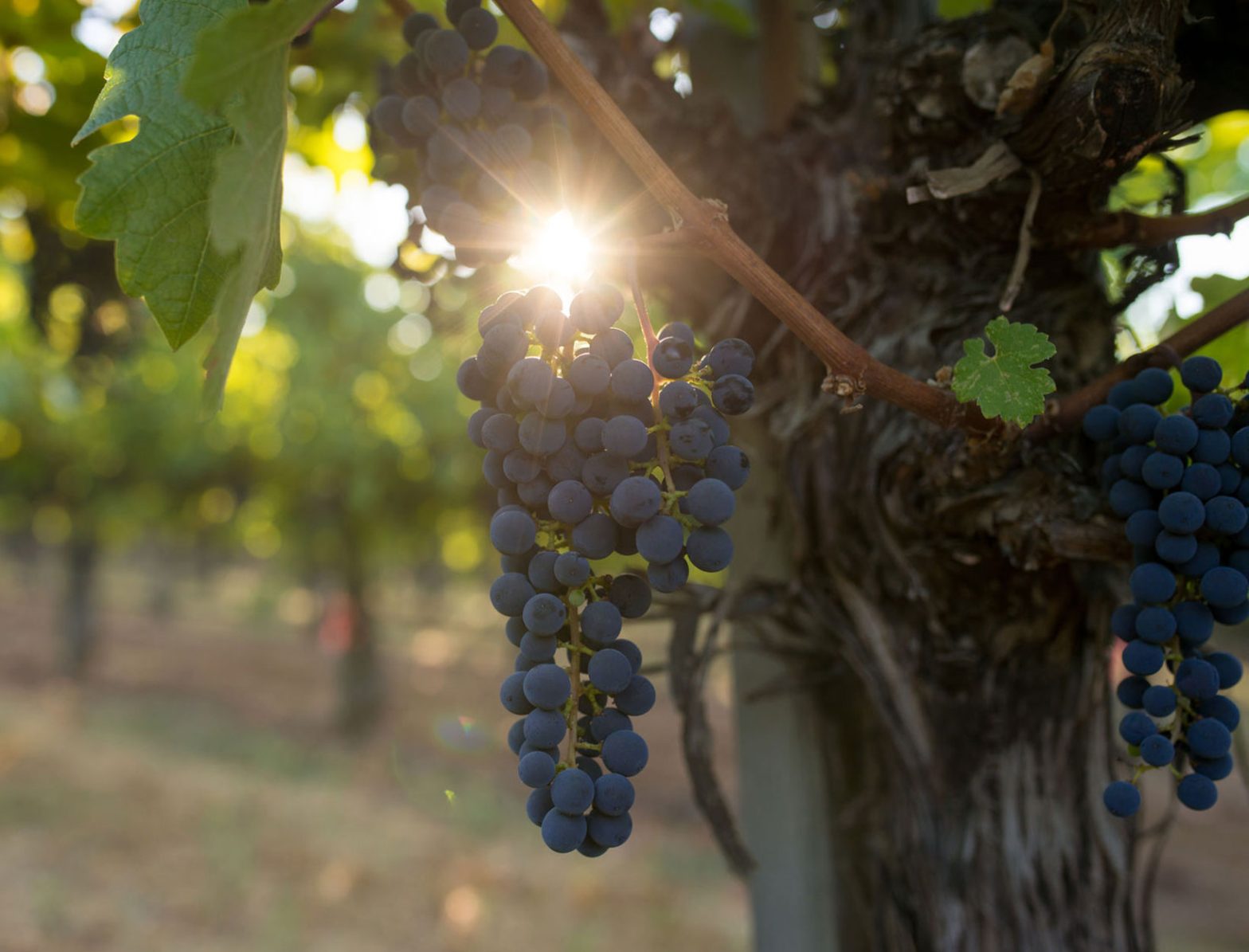Natural & Biodynamic Wines

Understanding Natural Wines
Natural wines have been gaining popularity in recent years, capturing the attention of wine enthusiasts and environmentally-conscious consumers alike. But what exactly are natural wines? In essence, natural wines are made from grapes that are grown organically, without the use of synthetic pesticides or fertilizers. Additionally, the winemaking process involves minimal intervention, allowing the grapes to ferment with native yeasts and without additives such as sulfites. This hands-off approach aims to preserve the natural flavors and characteristics of the grapes, resulting in wines that are often described as vibrant, lively, and reflective of their terroir.
The Principles of Biodynamic Farming
Biodynamic farming takes natural winemaking a step further by embracing holistic agricultural practices that prioritize the health of the soil, plants, and animals within the vineyard ecosystem. Developed by Rudolf Steiner in the 1920s, biodynamic farming views the vineyard as a self-sustaining organism and emphasizes biodiversity, composting, and lunar cycles in farming practices. Proponents of biodynamic viticulture believe that these methods enhance the vitality and expression of the grapes, resulting in wines that are more vibrant, complex, and reflective of their terroir.

The Rise of Biodynamic Certification
In recent years, there has been a growing interest in biodynamic certification among wineries seeking to distinguish themselves in the market. Organizations such as Demeter International offer certification programs that verify adherence to biodynamic principles in both the vineyard and the winery. To achieve certification, wineries must demonstrate compliance with a set of rigorous standards that cover everything from soil health and biodiversity to water conservation and energy usage. While biodynamic certification requires a significant investment of time and resources, many wineries view it as a worthwhile endeavor that aligns with their commitment to sustainable and environmentally-friendly practices.
The Environmental Benefits of Natural & Biodynamic Wines
The shift towards natural and biodynamic wines is not just a trend; it reflects a broader movement towards sustainability and environmental stewardship in the wine industry. By eschewing synthetic chemicals and embracing organic farming practices, natural and biodynamic winemakers reduce their ecological footprint and protect the health of the soil, water, and surrounding ecosystems. Moreover, these practices often result in wines that are free from harmful additives and preservatives, offering consumers a healthier and more authentic drinking experience.
Challenges and Considerations
While the natural and biodynamic wine movement has gained momentum in recent years, it is not without its challenges. One of the main criticisms leveled against natural wines is their variability, as the minimal intervention approach can sometimes lead to unpredictable results. Additionally, the lack of sulfites in natural wines can make them more prone to oxidation and spoilage if not handled properly. Furthermore, the transition to organic and biodynamic farming practices can be time-consuming and costly for wineries, particularly those accustomed to conventional methods.

The Future of Natural & Biodynamic Wines
Despite these challenges, the future looks bright for natural and biodynamic wines. As consumers become increasingly conscientious about the environmental and health implications of their purchasing decisions, demand for sustainably-produced wines is expected to continue rising. Moreover, advancements in viticultural practices and winemaking techniques are helping to overcome some of the challenges associated with natural and biodynamic winemaking, ensuring that these wines continue to evolve and improve in quality. Ultimately, natural and biodynamic wines offer not only a delicious and authentic drinking experience but also a glimpse into a more sustainable and ecologically-responsible future for the wine industry.
In conclusion, natural and biodynamic wines represent a significant shift towards sustainability and environmental stewardship in the wine industry. By embracing organic farming practices, minimal intervention winemaking techniques, and holistic agricultural principles, wineries are producing wines that are not only delicious and authentic but also better for the planet and consumer health. As consumer demand for sustainably-produced wines continues to grow, natural and biodynamic wines are poised to play an increasingly prominent role in the global wine market, shaping the future of winemaking for generations to come. For nebbiolo Melbourne see here.
